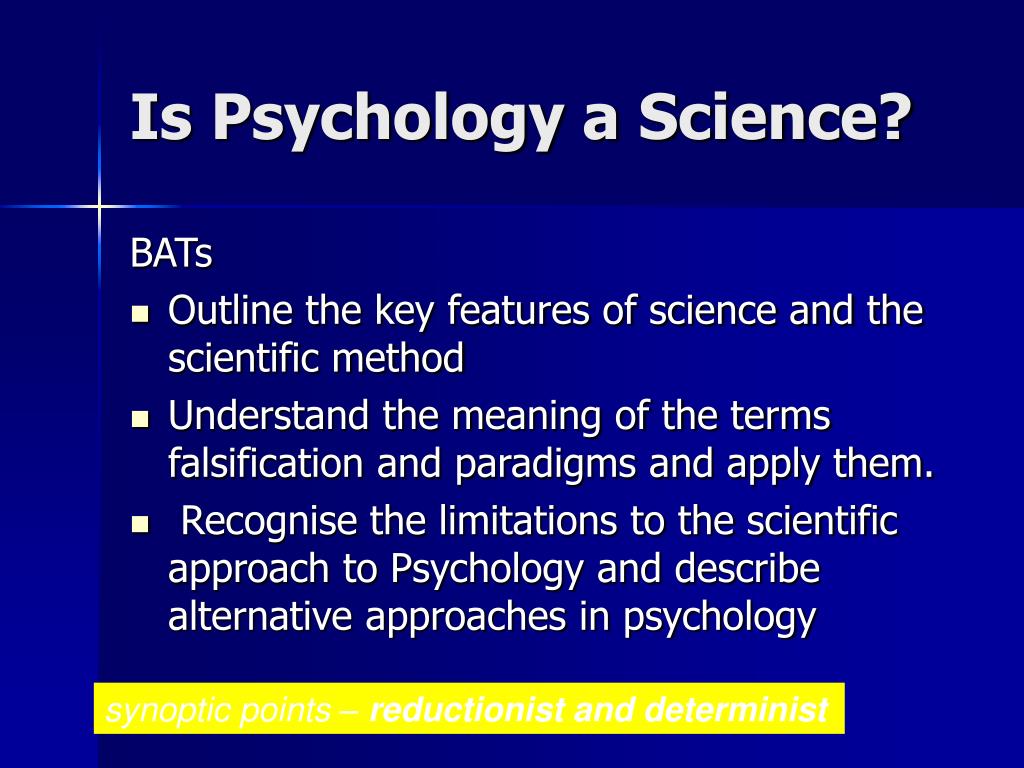The Gospel Message: Understanding the Good News That Changes Everything
What’s the good news of the gospel?
The word” gospel” come from the old English term” gospel,” mean” good news” or” good tidings. ” This translation derive from the Greek word” evangelion,” which literally mean” good message. ” But what just is this good news that has transformed countless lives throughout history?
At its core, the gospel is the announcement that god has made a way for humanity to be reconciled to him throughJesus Christt. This message address our deepest human problems and offer a divine solution.
The problem the gospel addresses
To understand why the gospel is good news, we must firstly recognize the problem it solves. Accord to biblical teaching, humanity face several fundamental issues:
Separation from god
The bible teach that all people have sin and fall short of god’s perfect standard. This sin create a separation between humans and god, break the relationship we were design to enjoy with our creator. This separation is both the source and result of the brokenness we experience in the world.
Bondage to sin
Beyond create separation, sin likewise enslave. People find themselves catch in destructive patterns they can not break through willpower lone. This bondage manifest in various forms of addiction, harmful behaviors, and moral failures that hurt ourselves and others.
Death and judgment
The bible state that the consequence of sin is death — both physical death and spiritual death. Additionally, humanity face judgment for sin, create an insurmountable debt that no person can pay through good works or religious observance.
The heart of the good news
Against this backdrop of human need, the gospel presents extraordinary news. Here are the central elements that make the gospel trul” good news “:
God’s love and initiative
The gospel begin not with human effort but with divine love. ” For god therefore love the world that he give his one and lonesome son” ( john 3:16 ) Despite human rebellion, god take the initiative to restore the broken relationship. This unconditional love foformshe foundation of the gospel message.
Jesus Christ: god’s solution
The central figure of the gospel is Jesus Christ. The good news announce that god become human in the person of Jesus, live the perfect life no other human could live. Jesus demonstrate god’s character through his teachings and miraculous works, show compassion to the marginalized and challenge religious hypocrisy.
The cross: substitutionary sacrifice
The climax of Jesus’ earthly ministry was his sacrificial death on the cross. Thither, Jesus volitionally take upon himself the punishment for human sin. This substitutionary atonement address the debt of sin that separate humanity from god. As the apostle Paul write,” god make him who have no sin to be sin for us, so that in hhim,we might become the righteousness of god” ( 2 cCorinthians5:21 )
The resurrection: victory over death
The gospel proclaim that Jesus didn’t remain dead but rise corporal from the grave three days after his crucifixion. This resurrection demonstrate his victory over sin and death, validate his claims and promises. It to preview the resurrection promise to those who trust in him.
Grace through faith
Perchance the virtually radical aspect of the gospel is how this salvation become available to humans. The good news declare that reconciliation with god come not through human achievement or religious performance but through faith in what Christ has done.
” fForit’s by grace you’ve been ssafe through faith — and this is not from yourselves, it’s the gift of god — not by works, so that no one can boast ” epEphesians:8 9 ))This grace base salvation mean the gospel is accessible to everyone, disregardless of social status, moral history, or religious background.

Source: raiseyoursword.com
The gospel’s transformative effects
The good news of the gospel isn’t only about future salvation but bring immediate transformation. Here’s how the gospel change live nowadays:
Justification: a new legal standing
Through faith in Christ, believers receive justification — a legal declaration that they stand righteous before god. This new status isn’t earned but receive as a gift througChristst’s work. Hencece, since we’ve beejustifiedfy through faiwe havee’ve peace with god through ourJesus Christ” istRomansoman)5:1 ).
Reconciliation: restored relationship
The gospel heal the broken relationship between god and humans. Where there be hostility and separation, reconciliation bring peace and access to god. Believers can approach god as father quite than judge.
Regeneration: a new heart
The gospel promise not equitable forgiveness but inner transformation. The Holy Spirit give believers a new heart with new desires and the power to live otherwise. ” Thus, if anyone is in Christ, the new creation has come: the old has gone, the new is here! (( 2Corinthianss 5:1)).
Adoption: a new family
Those who receive the gospel are adopt into god’s family. They become children of god with all the privileges and responsibilities that relationship entail. ” The spirit you receive does not make you slaves, so that you live in fear again; sooner, the spirit you receive bring about your adoption to son ship. And byhim,m we cry,abbeyba, fath” ” Romansns 8:) ).
Liberation: freedom from sin’s power
The gospel break sin’s enslaving power. While believers stillness struggle with sin, they’re no retentive dominate by it and have access to god’s power for progressive transformation. ” For sin shall nobelium tenacious be your master, because you’re not under the law, but under grace” ( rRomans6:14 )
The gospel’s scope
The good news have implications far beyond individual salvation:
Cosmic redemption
The gospel announce god’s plan to finally redeem and restore all creation. The reconciliation Christ accomplish extend to the entire cosmos, which presently” groans ” nder the effects of sin and death. ” foForod was pleased to have all his fullness dwell in him, and through him to reconcile to himself all things, whether things on earth or things in heaven, by make peace through his blood, shed on the cross “” colColossians19 20 ).)
Community formation
The gospel create a new community — the church — that transcend racial, social, and cultural boundaries. This community serve as a preview of god’s kingdom, demonstrate reconciliation not equitable with god but between once divide people groups.
Justice and mercy
The gospel motivate believers to pursue justice and show mercy in the world. Having experience god’s grace, Christians are call to extend that grace to others through acts of compassion, advocacy for the oppressed, and work for the common good.
Common misunderstandings about the gospel
The good news is oftentimes misunderstood or misrepresent in several ways:
Moralism vs. Grace
Perchance the virtually common distortion reduce the gospel to moral improvement instead than divine rescue. This view suggest that Christianity is mainly about behave advantageously or follow rules. While the gospel surely lead to transform behavior, its foundation is grace, not human effort.
Prosperity vs. Redemption
Another misunderstanding present the gospel chiefly as a means to material prosperity or problem free living. While god care about human flourishing, the gospel promises somethingairr more valuable than temporal comfort — reconciliation with god and ultimate redemption from all suffering.
Private faith vs. Kingdom vision
Some reduce the gospel to a private, individual transaction with no implications for society or creation. This view ignore the comprehensive scope of god’s redemptive work, which extend to all aspects of human life and the entire create order.
Respond to the good news
The gospel invite a response. Accord to scripture, appropriate responses include:
Repentance
Repentance mean turn from self rule to god’s rule — a change of mind that lead to a change of direction. It involves acknowledge sin and embrace god’s better way. “Repentt and believe the good news! “( mark 1:15) was jJesus first public message.
Faith
Faith mean trust in Christ’s work quite than our own efforts for right standing with god. This faith isn’t mere intellectual assent but whole person trust that lead to action. ” If you’ll declare with your mouth,’ Jesus is lord,’ and will believe in your heart that god will raise him from the dead, you’ll be will save” ( rRomans10:9 )
Discipleship
Those who receive the gospel are call to follow Jesus as disciples — learners who increasingly take on the character and priorities of their teacher. This discipleship involves both beingtransformedm and participate in god’s mission in the world.
The gospel in everyday life
The good news isn’t exactly for conversion but for daily living. Believers continue to need and apply the gospel throughout their lives in several ways:
Ongoing repentance and faith
Christians continually turn from self-reliance and trust in Christ’s finished work. This pattern of repentance and faith become the rhythm of Christian growth.
Gospel identity
The gospel give believers a new identity as god’s beloved children, secure in his acceptance. This identity free them from both pride and shame, provide a stable foundation for life.
Gospel motivation
Kinda than serve god out of fear or to earn favor, believers are motivated by gratitude for whatChristt hasdoneo. This motivation transform obedience from burden to response of love.
Gospel hope
The gospel provide hope amid suffer by promise that current hardships aren’t the final word. Christ’s resurrection guarantee the ultimate triumph of god’s purposes despite present difficulties.

Source: olford.org
Share the good news
Those who have receive the gospel course desire to share it with others. Effective gospel sharing include:
Clarity about the message
Share the gospel efficaciously require clarity about its essential elements — god’s holiness, human sin, Christ’s redemptive work, and the call to faith and repentance. Without these elements, what’s share isn’t the biblical gospel.
Contextualization
While the gospel message remain constant, how it’s communicate varies across cultures and contexts. Effective witnesses consider their audience’s background, questions, and objections when present the good news.
Demonstration and proclamation
The gospel is both show and tell. Words explain the message, while actions demonstrate its transformative power. Both are necessary for comprehensive witness.
The gospel’s ongoing relevance
Despite being an ancient message, the gospel remains deeply relevant to modern concerns:
Identity and purpose
In a culture obsess with self definition nevertheless plague by identity crises, the gospel offer a secure identity root in god’s love kinda than achievement or acceptance.
Fragmentation and wholeness
Modern life oftentimes feel fragmented and compartmentalized. The gospel present an integrate vision that connect all aspects of life to god’s redemptive purposes.
Individualism and community
Against both toxic individualism and force conformity, the gospel creates communities where personal uniqueness flourishes within covenant relationships.
Despair and hope
In times of environmental crisis, political polarization, and social unrest, the gospel provides hope not base on circumstances but on god’s promises and power.
Conclusion
The good news of the gospel is that god has act resolutely in Jesus Christ to rescue humanity from sin, death, and alienation. This message offer forgiveness for the past, transformation in the present, and hope for the future.
Unlike other religious messages that emphasize human effort to reach god, the gospel announces what god hasdoneo to reach us. It’s not advice about what we should do but news about what has bedone do for us.
This good news continue to transform individuals, communities, and cultures. As the apostle Paul declare, it remain” the power of god that bring salvation to everyone who believe” ( rRomans1:16 )



